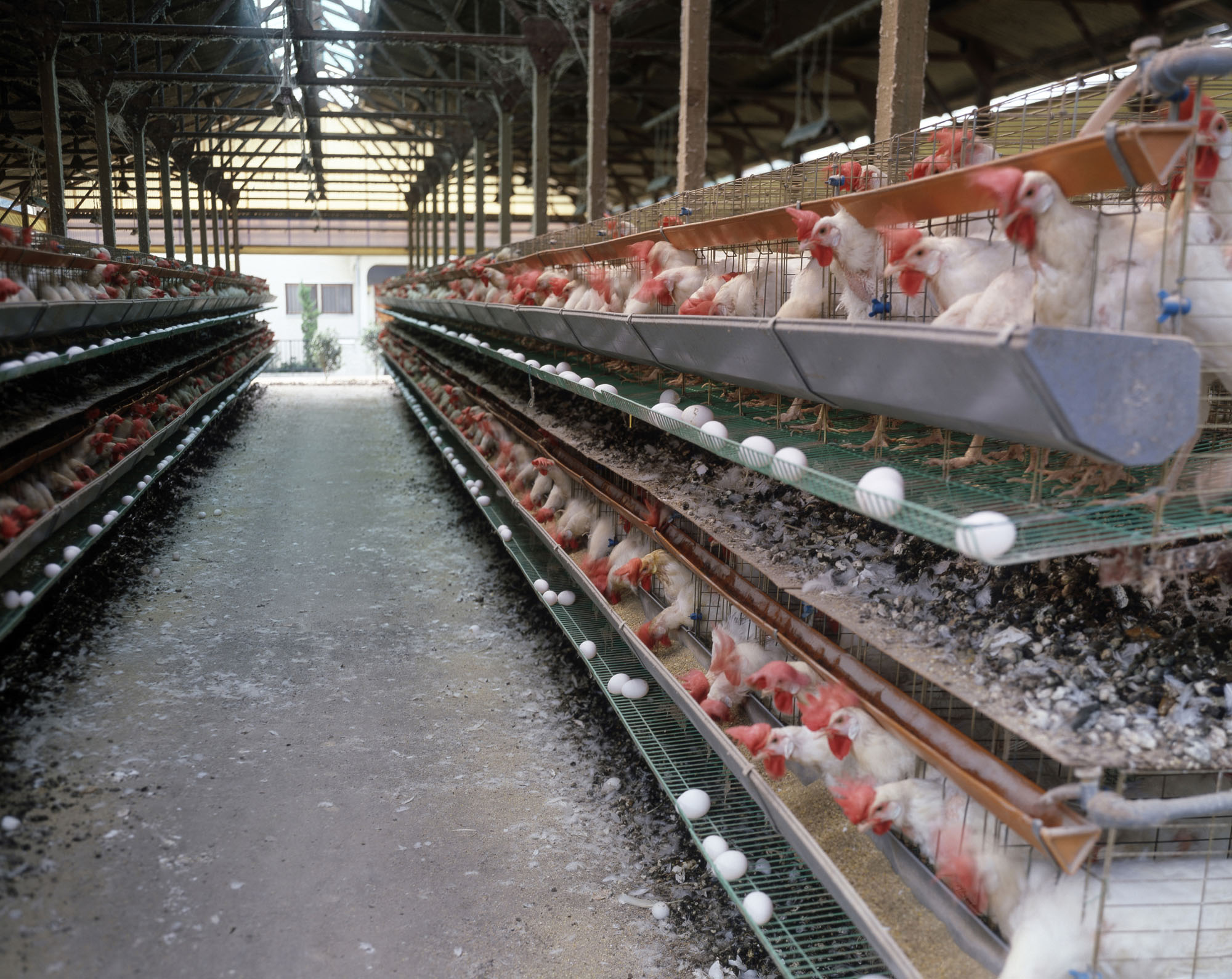The International Olympic Committee sets procurement standards for materials used in conjunction with the games. One of these standards is sustainability, which was first established for the 2012 London Olympics. In terms of meals supplied to athletes and others, ingredients must be produced and harvested using methods that have no negative environmental impact. Seafood should be caught within legal quotas. Fruit and vegetables must not be grown on deforested land.
In this regard, the 2020 Tokyo Olympics was called out last summer when, according to the magazine Shukan Asahi, athletes and rights groups wrote to local organizers complaining that livestock farming in Japan does not adhere to practices that guarantee animal welfare. In Japan, most meat, eggs and dairy items are produced using factory farm methods, which stress productivity at the expense of the animals' comfort and well-being. In particular, they pointed out that the use of battery cages for egg-laying hens and stalls for pregnant and nursing sows in pork production are prohibited in many countries. The athletes asked to meet with Tokyo Gov. Yuriko Koike to discuss the matter, but no meeting took place.
In addition, animal welfare organizations demanded that standards for livestock production be revised to reflect this global trend toward humane treatment but, on Nov. 2, the organizing committee of the 2020 Games notified these groups that they were unlikely to satisfy the demands. Something similar happened before the 2016 Rio de Janeiro Olympics, and more humane standards were implemented by the time the games began. That, apparently, won't be the case for Tokyo. There is no incentive to crack down on relevant industries because, as professor emeritus Yoichi Matsuki of the Nippon Veterinary and Life Science University told the Shukan Asahi, Japan exports very little of its livestock products overseas, so there is no economic pressure to change their methods.


















With your current subscription plan you can comment on stories. However, before writing your first comment, please create a display name in the Profile section of your subscriber account page.